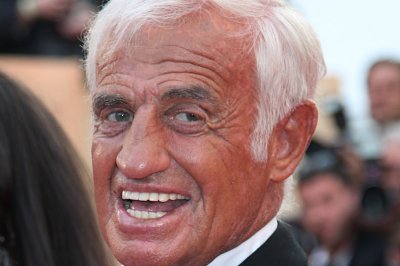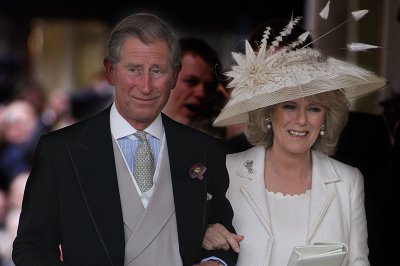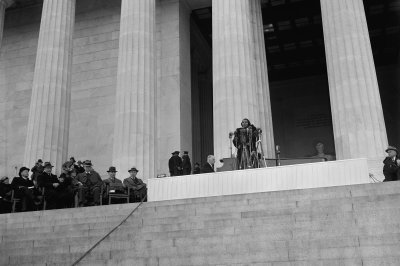Topic: Jean-Paul Belmondo
Jean-Paul Belmondo (born 9 April 1933) is a French actor initially associated with the New Wave of the 1960s.
Born in Neuilly-sur-Seine, Hauts-de-Seine, west of Paris, Belmondo did not perform well in school, but developed a passion for boxing and football. "Did you box professionally very long?" "Not very long. I was never a professional, just an amateur." "Did you want to be one?" "Yes, when I was 17, I dreamed of being a champion boxer. I trained at the Avia Club with Pierre Dupain, along with Maurice Auzel, who's now European welter-weight champion." "Why did you quit?" "Because you have to really love it and sacrifice for it, I had other ambitions and didn't want to sacrifice my life for it. To be a champion, you have to sacrifice everything. Since at the time I also loved acting, I thought it would be easier and less dangerous than boxing. It would hurt less. There might be blows to your morale, but in boxing you take blows to your body as well, so I chose just blows to my morale." - 1961
His breakthrough role was in Jean-Luc Godard's Breathless (1960), which made him a major figure in the French New Wave. Later he acted in Jean-Pierre Melville's philosophical movie Leon Morin, Priest (1961) and in Melville's Film Noir crime film The Fingerman (Le Doulos, 1963) and Godard again with Pierrot le fou (1965). With That Man From Rio (1965) he switched to commercial, mainstream productions, mainly comedies and action films but did appear in the title role of Alain Resnais' masterpiece Stavisky (1974), which some critics regard as Belmondo's finest performance. Until the mid-1980s, when he ceased to be one of France's biggest box-office stars, Belmondo's typical characters were either dashing adventurers or more cynical heroes. As he grew older, Belmondo preferred concentrating on his stage work, where he encountered success. He suffered a stroke in 2001 and had since been absent from the stage and the screen until 2009 when he appeared in Un homme et son chien (A Man and His Dog).
It uses material from the Wikipedia article "Jean-Paul Belmondo."









